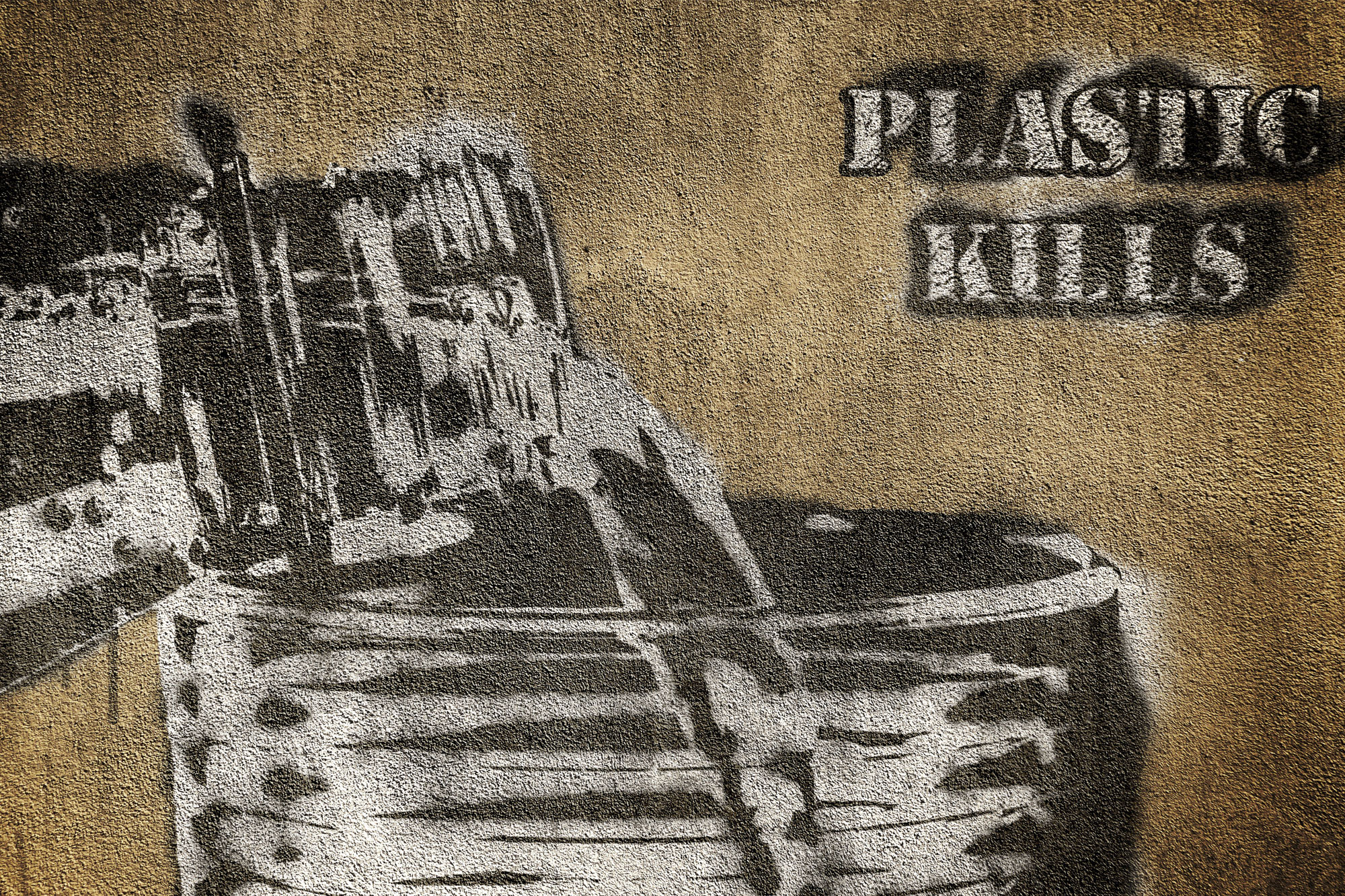Stage 3 student Katie Hargrave-Smith writes the first instalment in a series of blogs about how to combat ‘eco anxiety’.
Climate change is a threat that many people are now starting to understand and take seriously. More frequently, we are seeing people engage in conversations about environmental issues, especially with Extinction Rebellion ensuring that the climate crisis stays in the news. However, as understanding grows, so does anxiety. The enormity of what we are facing is dawning on people every day and so a new term, ‘eco-anxiety’, has been coined.
This new burden on mental wellbeing comes from the psychological stress the climate emergency is causing the population, from young children to accomplished academics. The magnitude of the problems that are staring us in the face, the lack of response on the issues from our governments and the personal responsibilities we place on ourselves accumulate into very difficult emotions to handle. However, eco-anxiety is not a mental health condition. The cure cannot be found in medicine for us, but in the recovery of our environment. So it is important that we learn how to handle our new emotions in regard to the climate emergency, to ensure that we keep positive in the face of this crisis and that we continue to work towards a better future. The first step to doing this is in sharing our experiences.
Below, some members of the School of Anthropology and Conservation community share their experiences with eco-anxiety.
Maria, 2nd year Environmental Social Sciences student:
“For some time now I have felt that my life has become dominated by worries about the damage that humans cause to the environment. Every day my worries are exacerbated further by what I see around me as well as my personal actions. For instance, every time I put something made of plastic in the bin, I think about my rubbish piling up somewhere, gradually breaking down to smaller pieces which will then persist in the environment indefinitely. Every time I load my washing machine, I think about some 700,000 polyester fibres that will enter the waterways, eventually accumulating in the bodies of fish and other live organisms.
“I see things around me as ‘rubbish-to-be’, assessing how much time they have before they end up in landfill. I am annoyed that the exhaust produced by fuel-powered vehicles is shared between many whilst only certain persons benefit from the act of transportation. I ponder whether the purpose of transporting these persons from A to B justifies the amount of fossil fuel burned for the transportation. I am saddened to see that the food I buy has travelled thousands of miles and ultimately comes with an invisible, but hefty, carbon tag attached. These are just a few worries from many more that are constantly on my mind. Whilst I have learned to control my anxieties to a degree, at times I have felt so overwhelmed I cannot stop thinking that the best I can do is not exist and subsequently not contribute to or experience these issues.”
Joshua, 2nd year Human Geographer and Treasurer of Kent Union’s Mindfulness Society:
“For me, eco-anxiety has caused me to feel at times so overwhelmed by the climate crisis that I feel there is nothing I can do about it as an individual. With the knowledge that we have caused, and are living in, a climate crisis, everyday actions that we previously carried out so thoughtlessly are now loaded with guilt, and every decision must be evaluated to assess whether its cost to the climate is worth its benefits.
“On top of this, as a student I do not always have the money to spend more to travel, eat and shop in the most sustainable way possible. We are being told that the structures we live in have failed and we all have to solve the crisis ourselves: this is causing much anxiety in younger generations as we are being burdened with responsibility whilst those with power continue to make things worse.”
Studies have shown that sharing experiences, allowing yourself to express your fears, frustrations and concerns, can be cathartic. Eco-anxiety can cause you to fall into the trap of adopting a fatalistic and pessimistic attitude, but sharing your experiences can help you understand that your feelings are normal and your community can help lift you back up to a place of hope. Embracing eco-anxiety, and discussing it in a sustainability group, can help you constructively work through it. It is also important to ensure that you are immersing yourself in positive news as well, that you are allowing optimism and hope to take precedence over pessimism and despair.
Graham Lawton recently wrote an excellent article about his experience with eco-anxiety and ended it by saying, “People will need help dealing with their fears, including having them put into perspective, but they also need to know that they are legitimate, shared by a growing number of people and, above all, rational.”
How to find support
It is important to understand that, although eco-anxiety is not a mental-health condition itself, it can exasperate already existing mental health conditions. Furthermore, if you have not struggled with mental health in the past, this new experience might be challenging for you to cope with alone. The University of Kent Student Support and Wellbeing Centre is a great point of contact if you feel like you need support.
If you have any positive news you would like us to share, please email it to sacsocialmedia@kent.ac.uk

